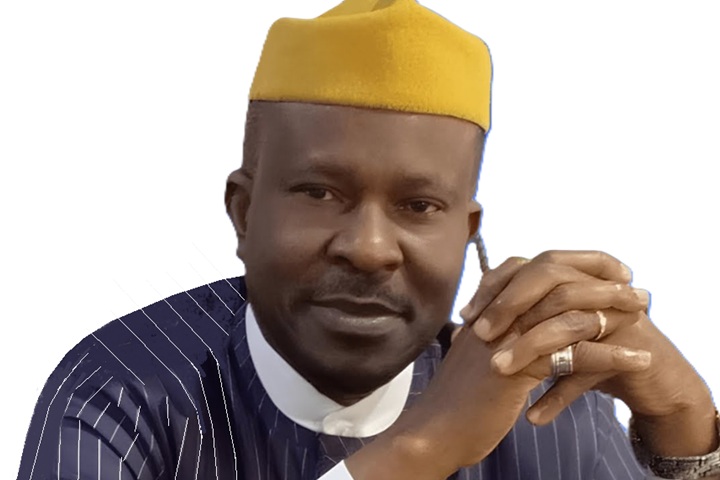News
Medicine theft scandal: US cuts aid to Zambia

The United States on Thursday, May 8, 2025, declared it will reduce its health sector aid to Zambia by $50 million (approximately £37 million).
According to the BBC, it cited the Zambian government’s failure to address widespread theft of donated drugs and medical supplies.
This aid cut comes after persistent warnings by the US.
It is also reportedly aimed at halting the misuse of life-saving medication intended for the country’s most vulnerable citizens.
Michael Gonzales, the US ambassador to Zambia, described the move as a “difficult decision,” but one necessitated by the government’s inaction.
“We are no longer willing to underwrite the personal enrichment of fraudsters or the corrupt when patients go without or have to buy life-saving medications that we have provided for free,” he said.
The Zambian government has yet to issue an official response to the decision.
This aid cut is supposedly separate from the broader foreign assistance freeze enacted by President Donald Trump in January as part of his “America First” foreign policy agenda.
Since taking office, Trump has slashed billions in global health aid.
According to media reports, his action significantly impacting many African nations, including Zambia, where diseases like HIV, malaria, and tuberculosis remain persistent health threats.
This is especially among youth and vulnerable populations.
Zambia’s health sector relies heavily on donor funding.
According to a statement from the US embassy in Lusaka, the United States contributes roughly one-third of all public health spending in the country.
However, a year-long investigation by the embassy uncovered a “country-wide theft” operation, in which medications intended for free distribution were being sold in private pharmacies.
During inspections of over 2,000 pharmacies across the country, investigators found that 95 percent of those selling products donated by the US were also selling stolen medications.
Nearly half of all pharmacies visited had in stock drugs and supplies supplied by the US.
Others were found with stolen stock originally provided by the Zambian government, the Global Fund, and other international donor partners.
The US embassy said it shared these alarming findings with Zambian officials in April of the previous year.
It also said it offered assistance to help address the issue and bring those responsible to justice.
However, the embassy noted that no substantial steps were taken by Zambian authorities to prevent further theft or punish those involved.
“I regret that to date, the government’s actions have fallen drastically short of demonstrating a commitment to safeguarding US assistance and the lives we aim to save,” the embassy’s statement read.
Law enforcement actions in Zambia have reportedly targeted only low-level perpetrators, with only a few mid-ranking officials arrested.
The US criticized the lack of deeper investigations into the sources of supply and the orchestrators behind the thefts.
Ambassador Gonzales, emphasized that the US could no longer justify the continued financial support to Zambia’s health sector in the face of persistent corruption.
Gonzales was visibly emotional while announcing the decision.
He noted that the cuts would directly affect the supply of medications for malaria, HIV, and tuberculosis.
“This is not a decision we have taken lightly,” he said, tearing up as he reflected on the implications for Zambian patients.
The reduction in aid wis reportedly said to begin in January next year, allowing the Zambian government several months to make alternative arrangements to fund and supply its healthcare system.
However, Gonzales made it clear that the decision was final.
The impact of this move is likely to be profound, given Zambia’s reliance on external support for essential healthcare.
The Trump administration’s broader cuts to global health programs have already affected medical aid across Africa.
In Zambia, where HIV/AIDS continues to be a leading health concern, particularly among adolescents and young adults.
Analysts say the loss of US assistance may severely strain public health efforts.
Most of the US Agency for International Development (USAID) programs, previously instrumental in delivering medical and humanitarian support, have already been scaled back or terminated since Trump assumed office.
In March, Zambia’s President Hakainde Hichilema acknowledged the shift in US policy, stating that Trump had effectively “slapped us on both cheeks.”
He emphasized the need for Zambia to strengthen its own financial systems to independently procure essential medicines and reduce dependency on foreign donors.
For Diaspora Digital Media Updates click on Whatsapp, or Telegram. For eyewitness accounts/ reports/ articles, write to: citizenreports@diasporadigitalmedia.com. Follow us on X (Fomerly Twitter) or Facebook











